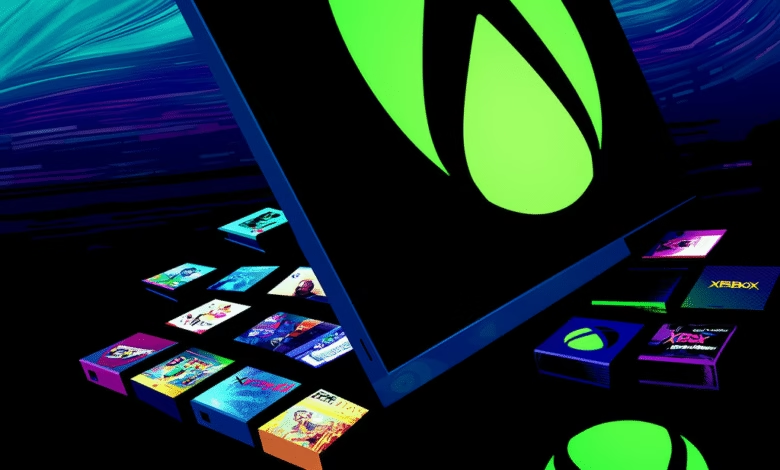Arkane Founder Criticizes Game Pass After Xbox Layoffs: ‘Elephant in the Room’

▼ Summary
– Arkane Studios founder Raphael Colantonio criticizes Xbox Game Pass as “unsustainable,” claiming it damages the industry by being subsidized by Microsoft’s “infinite money.”
– Industry figures, including former Epic Games VP and Larian’s Michael Douse, express concerns about Game Pass’s long-term viability and its impact on traditional sales models.
– Colantonio argues Game Pass cannot coexist with other business models and may lead to poorer game quality or higher subscription costs if Microsoft dominates the market.
– Microsoft’s Phil Spencer defends Game Pass as “very sustainable,” emphasizing its growth on PC and cloud platforms while acknowledging it’s not suitable for all players.
– Despite Microsoft reporting growth in Game Pass revenue and subscribers, financial details remain vague, fueling debate over its profitability and future effects on the gaming industry.
The gaming industry faces growing scrutiny over subscription models as industry veterans question the long-term viability of services like Xbox Game Pass. Following recent layoffs at Microsoft, Arkane Studios founder Raphael Colantonio sparked debate by calling Game Pass “unsustainable” and damaging to the broader market. His comments have reignited discussions about the economic impact of subscription services on game development and sales.
Colantonio, who left Arkane in 2017 to establish WolfEye Studios, took to social media to highlight what he sees as an overlooked issue. “Why is no one talking about the elephant in the room?” he asked, pointing to Game Pass as a model propped up by Microsoft’s deep pockets. He argued that the service distorts market competition, forcing other publishers to either adapt or risk being sidelined.
The debate isn’t new. Critics have long questioned whether Game Pass can coexist with traditional game sales, especially as Microsoft continues to pour billions into content acquisition. During the FTC trial over Microsoft’s Activision Blizzard acquisition, former PlayStation CEO Jim Ryan claimed publishers universally disliked Game Pass for devaluing games. Meanwhile, Xbox head Phil Spencer has repeatedly defended the service, insisting it remains sustainable and continues to grow.
Industry figures have weighed in, with some echoing Colantonio’s concerns. Michael Douse, publishing director at Larian Studios, noted that many developers hesitate to adopt subscription models due to financial uncertainty. “The infinite money thing never made any sense,” he said, suggesting that Sony’s approach, delaying first-party titles on PlayStation Plus, offers a more balanced strategy.
Colantonio went further, predicting that if Microsoft dominates the market, game quality could decline while subscription prices rise. He likened the situation to a “tsunami” disrupting the industry’s ecosystem, where short-term benefits for gamers may lead to long-term drawbacks.
Despite the skepticism, Microsoft reports growth in Game Pass, particularly on PC and cloud platforms. However, the company remains tight-lipped about subscriber numbers and profitability, leaving room for speculation. Spencer has framed Game Pass as one option among many, emphasizing player choice rather than an all-or-nothing model.
As the industry grapples with these challenges, the conversation around subscription services shows no signs of slowing down. Whether Game Pass evolves into a sustainable model or faces a reckoning remains to be seen, but for now, the debate continues to divide developers and players alike.
(Source: IGN)


